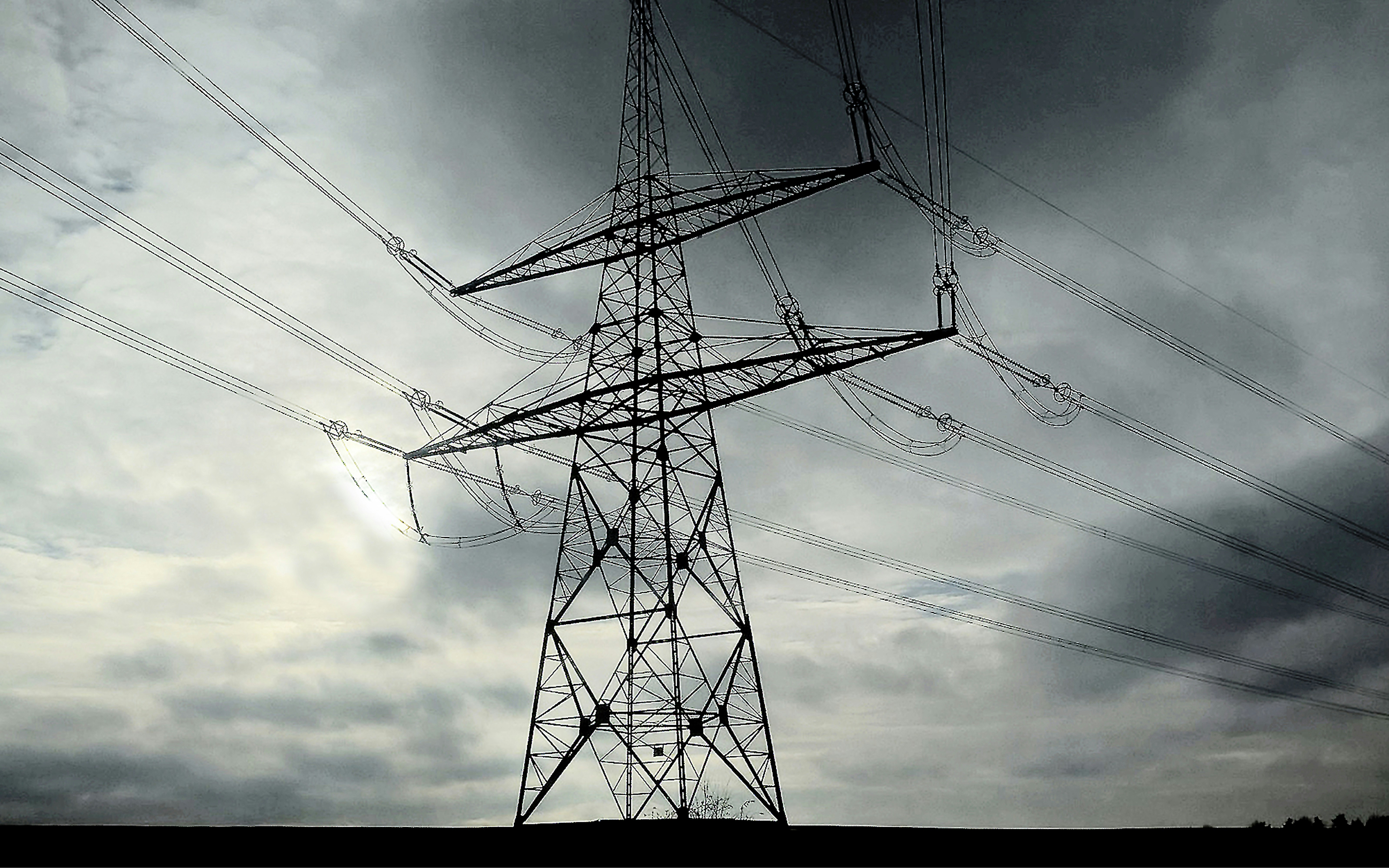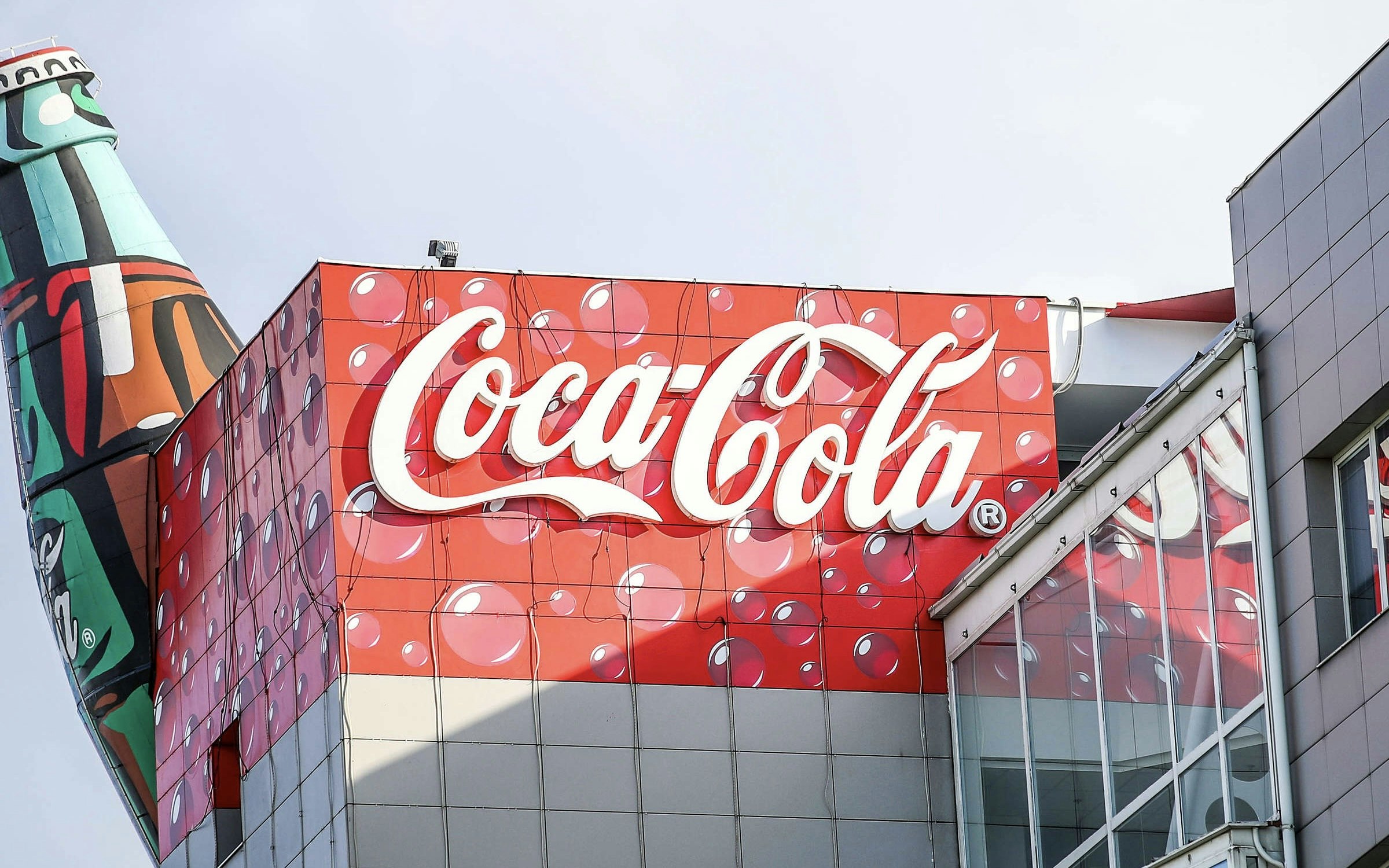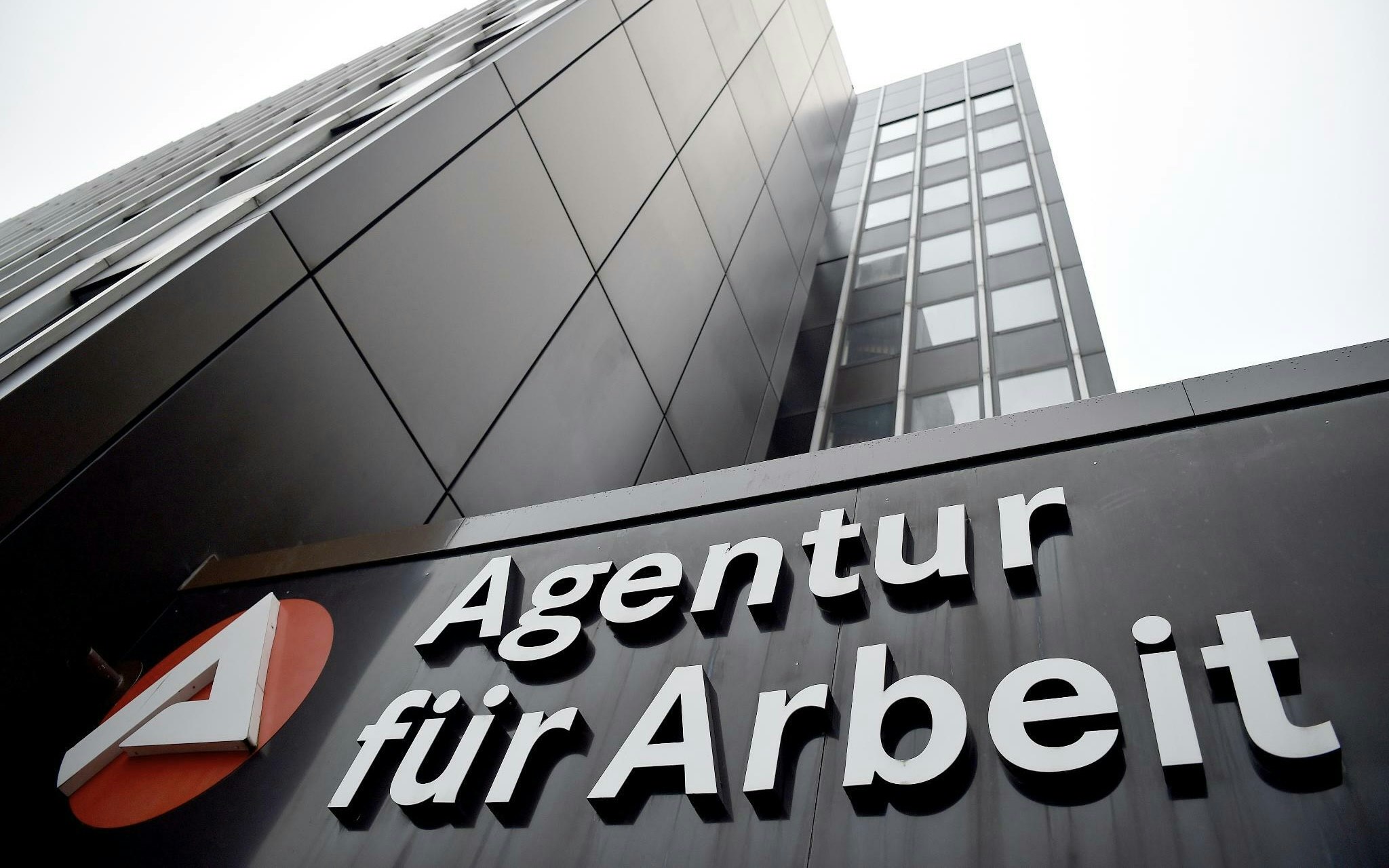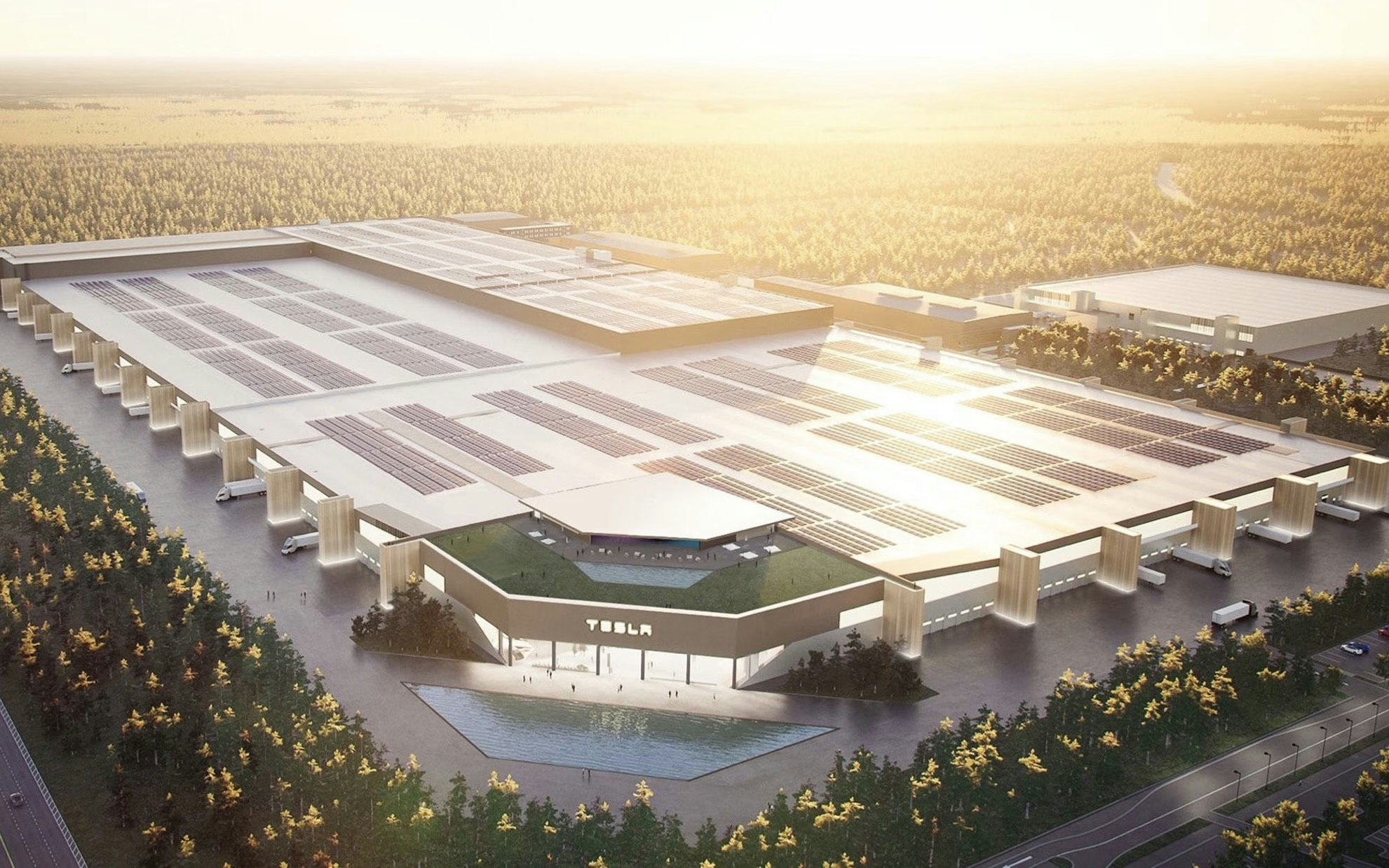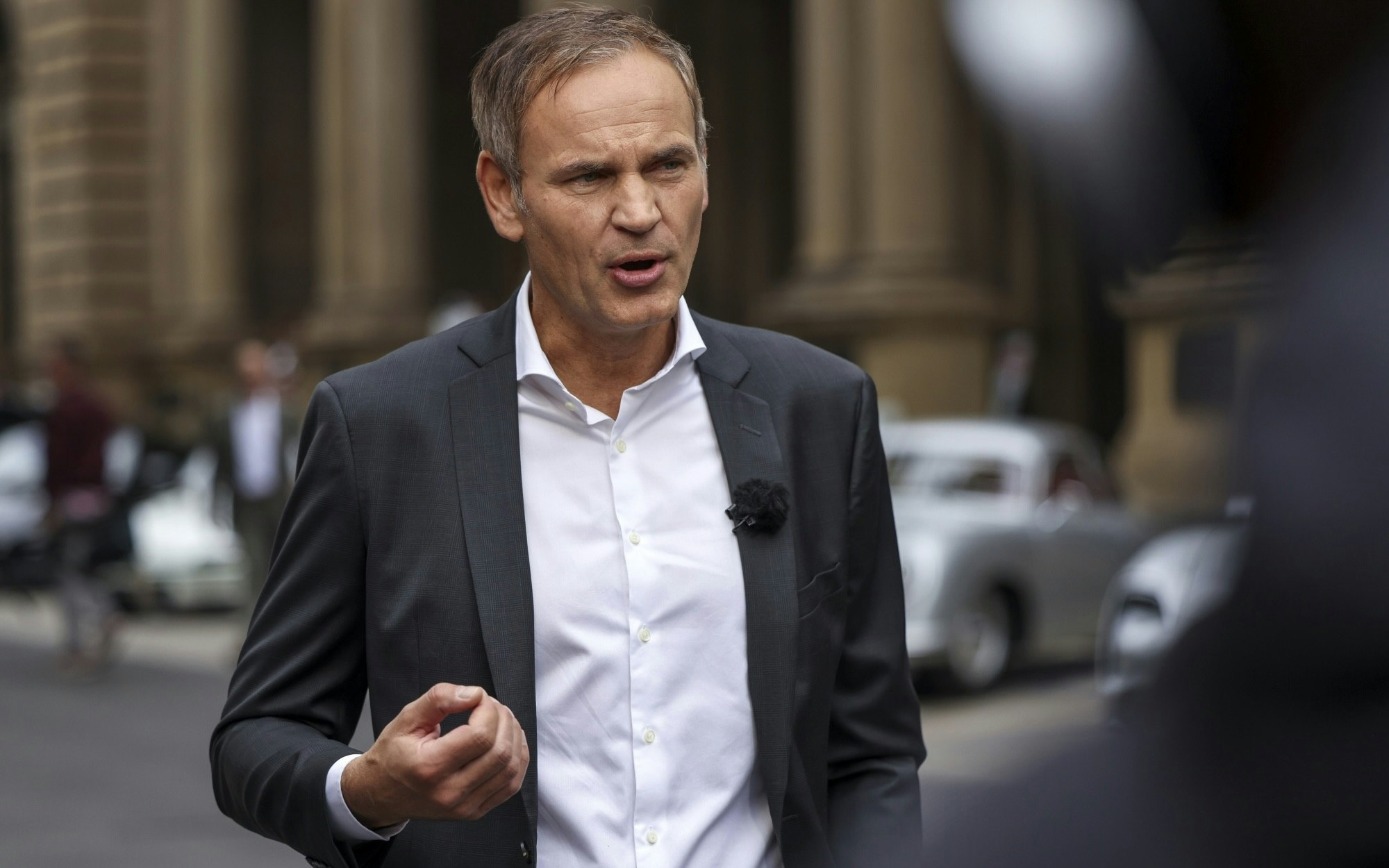Business
Boeing's Starliner returning to Earth: Without astronauts after technical odyssey
Boeing's Starliner returns to Earth without crew after a series of technical issues, while the affected astronauts have to wait for an alternative return mission with SpaceX.
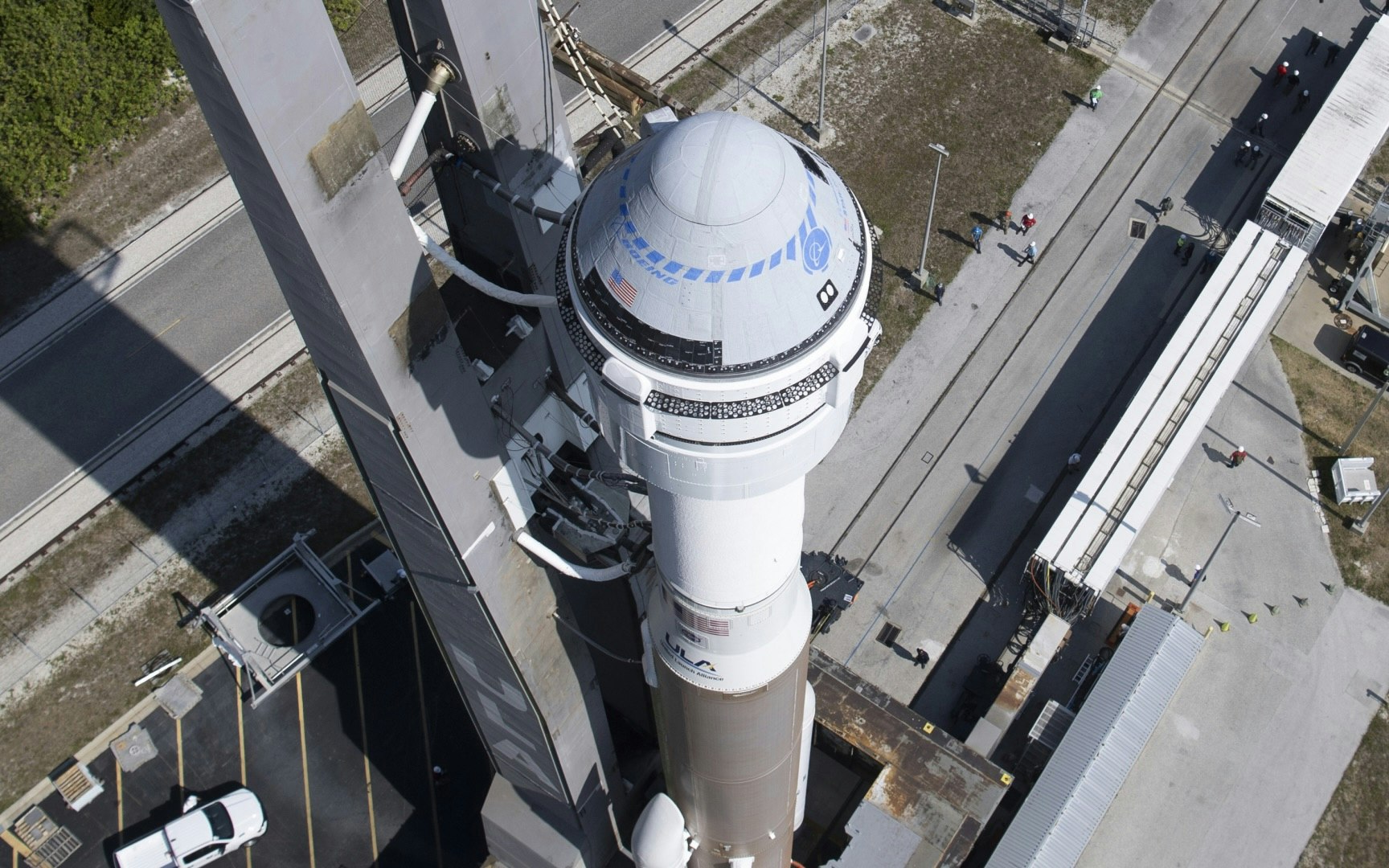
The crisis-ridden spacecraft "Starliner" of the US company Boeing, which has been experiencing issues for months, is set to return to Earth without a crew during the night from Friday to Saturday. Originally planned as a week-long mission, it has been extended to over three months due to numerous technical problems. The capsule, which brought two astronauts to the International Space Station (ISS) in June, is scheduled to detach from the ISS shortly after midnight (CEST) and land in the New Mexico desert approximately six hours later.
The delays have their origins in a series of complications. Shortly after launch, issues with the engines and helium leaks were discovered. Due to safety concerns, NASA decided not to send astronauts Suni Williams and Barry Wilmore back with the "Starliner." Instead, the two will remain on the ISS longer than planned and wait for an alternative plan for their return.
Originally, it was planned for Williams and Wilmore to spend only a week on the ISS to test the first manned flight of the "Starliner." However, technical problems have led NASA to use the "Starliner" for the return journey without a crew. The astronauts' return is now planned for a future mission with SpaceX's "Dragon" spacecraft, which is expected to take place no earlier than February 2025.
The uncertainties surrounding the "Starliner" have not only strained the schedule but also affected the mood among the experts. While some NASA specialists considered the risk of a crewed return to be manageable, Boeing insisted on an uncrewed landing to rule out potential dangers. The enormous stress that space capsules must endure during reentry into Earth's atmosphere was a crucial factor in the debate.
The setback for Boeing may also affect confidence in future space projects. The "Starliner" mission, originally planned as a strong competitor to SpaceX's "Dragon," has experienced several setbacks since its inception, putting the program under constant scrutiny.
The situation remains tense on the stock market as well: Boeing's stock traded slightly lower at $162.19 on the trading day, a decrease of 0.63 percent. Analysts expect that the further development of the "Starliner" program will be closely monitored to better assess the long-term implications for Boeing's space ambitions.


